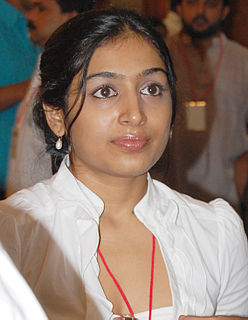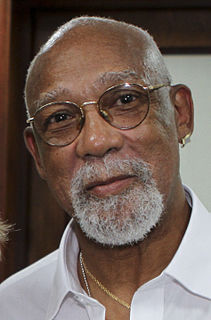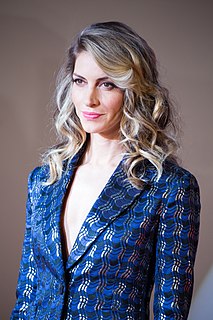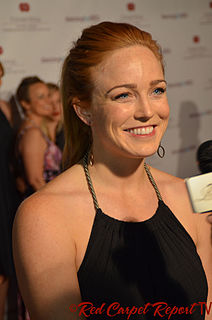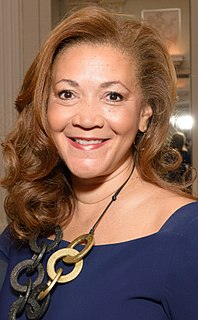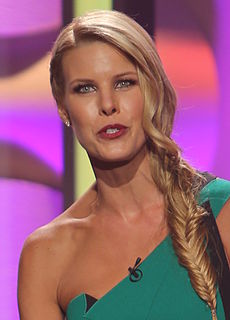A Quote by Padmapriya Janakiraman
Apart from being an actor, I'm an academician. I wanted to pursue something with which I could bring about a change in society.
Related Quotes
I knew I wanted to be an actor, and I didn't necessarily need or want to be famous or a celebrity actor. But I wanted to be somewhere where there would be no ceiling on what I could accomplish, and I felt like if I stayed in St. Louis I might have a really great regional theater career or something, but that I wasn't going to be able to get much further than that. And it felt like New York and L.A. were the two places where you could end up being a TV star or you could end up doing regional theater, which would have been fine as well.
I wanted to find something I was passionate about, something with the possibility of upward movement, and I wanted freedom. I need to be outside living life, not stuck in an office. I figured I could either be out selling condos in Miami, or I could move to L.A. and chase after that elusive actor's job.
My father told me, "Don't do anything that would bring shame to the family." I was always mindful of that. When I told him I wanted to pursue a career as an actor, my father said, "Look at what you see on television at the movies, is that what you want to be doing? Do you want to make a life out of that?" And I said, "Daddy, I'm going to change it".
I had convinced my father to let me pursue this career, and I passionately wanted it. And here was this conflict in me, and I hadn't shared it with my father. And it was excruciating to always have your guard up. Particularly because, being an actor, you're public and visible. I could be seen coming out of a gay bar. Who could have seen me?
World War II vets in general didn't talk about their experiences. They believed there was something better and that they were going to prove to America what they could be and show America what it could be by being the change that they wanted. Like that Ghandi phrase "be the change that you want to see" but I think that it was also just a different culture. People didn't want to complain, whereas today if you go to the Starbucks and they mess up your order you might tweet about it. You know it's a different kind of culture.
The other, the other aspect when I say I'm an actor is that as an actor you make this imaginative leap into being somebody else, that's to say the muscle of the imagination is as important as any other of the muscles in your body, and so it is something about this instinct in space and time which for me I associate with being an actor rather than a director.
I was an actor when I was a teenager and it could have been the direction that I headed in. But music and my relationship with music is quite deep, and it really is the nucleus of my creativity. So I gave up acting so I could pursue music fully, and I never thought about really going back. And then [director] Lee Daniels met me and wanted to work with me, and that's how it started.
Being told about the effects of climate change is an appeal to our reason and to our desire to bring about change. But to see that Africans are the hardest hit by climate change, even though they generate almost no greenhouse gas, is a glaring injustice, which also triggers anger and outrage over those who seek to ignore it.
